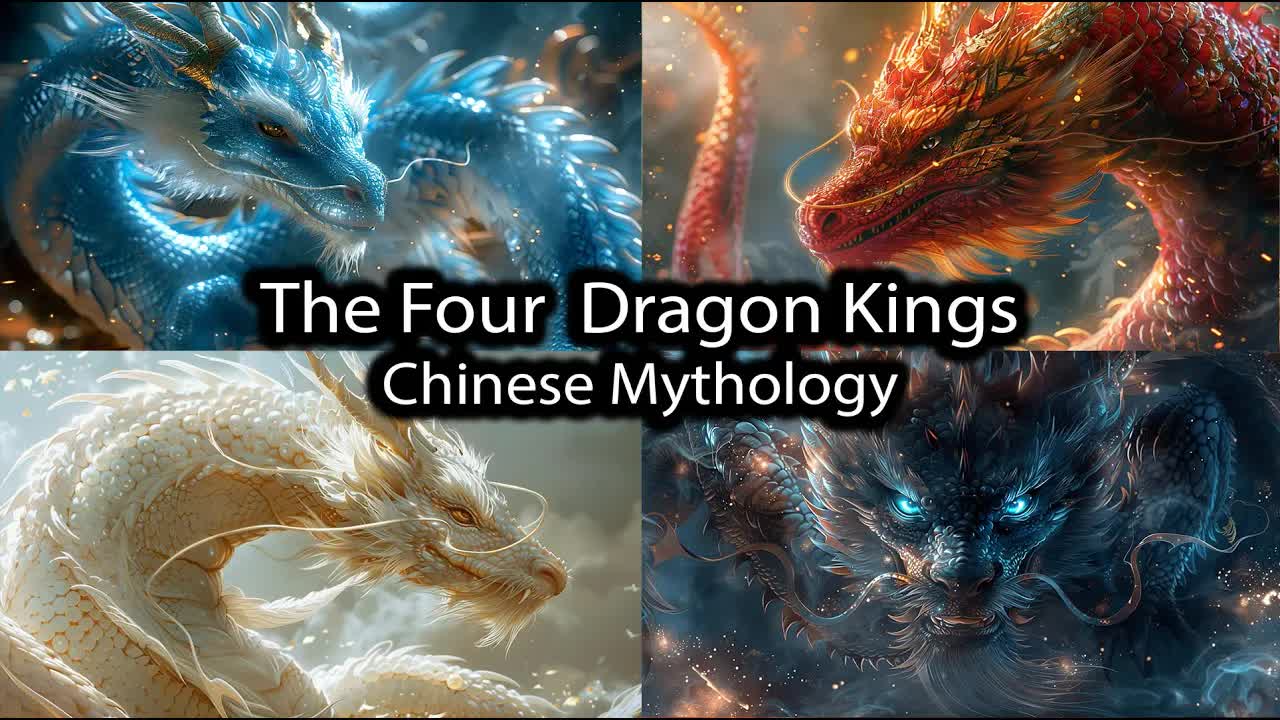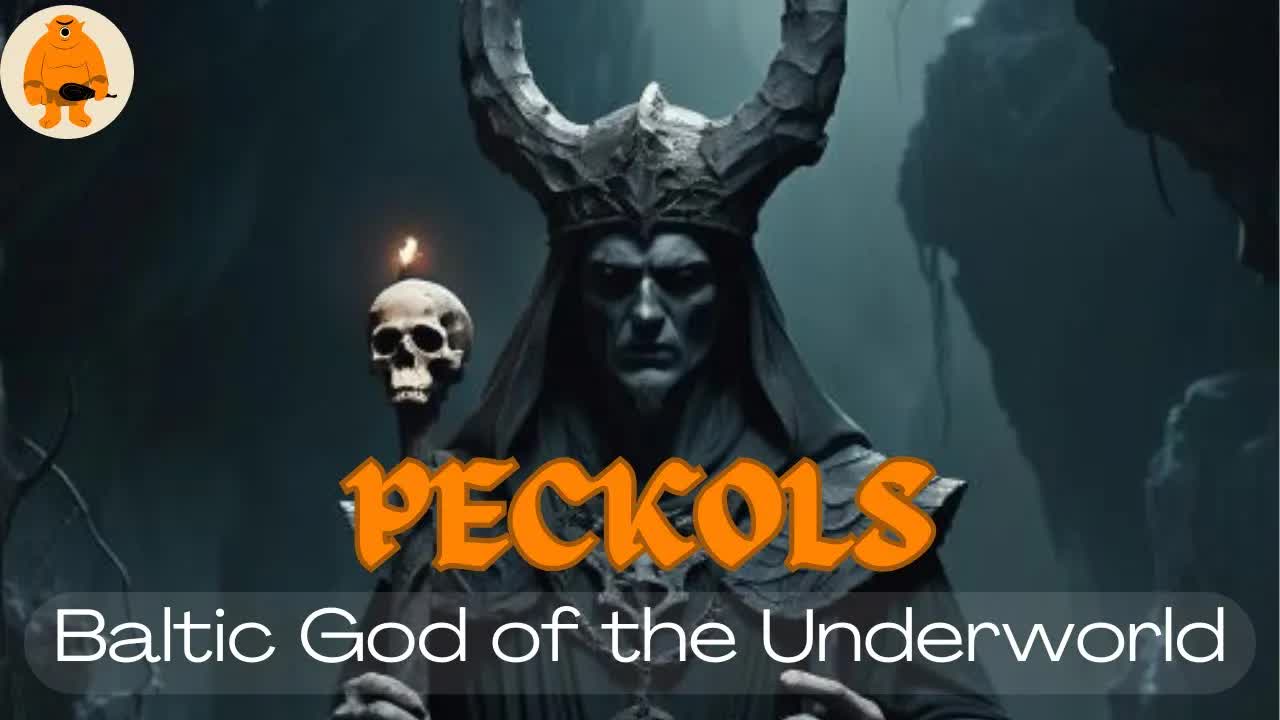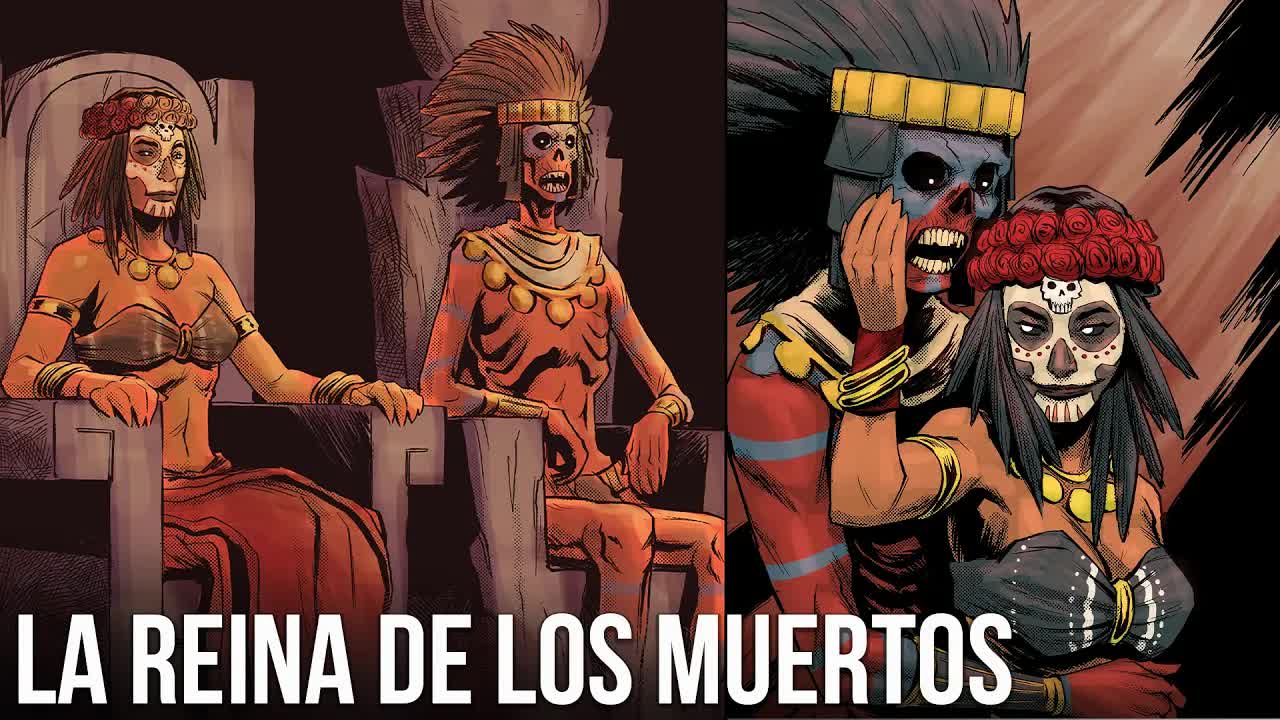-
Gözden kaçırmayın
 Paranormal Gözlemler: 7 Şaşırtıcı Delil
Paranormal Gözlemler: 7 Şaşırtıcı DelilThe story of Zhong Kui, known as the Ugly God, the King of Ghosts, and the Demon Queller, stands out as one of the most intriguing tales in Chinese mythology. Zhong Kui is a fascinating deity revered for his ability to protect against evil spirits and ensure balance in the spiritual realm. Zhong Kui's origins are deeply rooted in Chinese folklore. He is often depicted as a fearsome figure with an ugly, intimidating appearance, which he uses to ward off demons and ghosts. Despite his fearsome looks, his role as a protector endears him to many. The legend begins with Zhong Kui excelling academically but facing severe injustice due to his appearance. Denied the highest honors due to his looks, he ultimately takes his own life. However, his spirit, filled with righteous anger, is recognized by the Jade Emperor, who appoints him as the King of Ghosts. In this role, Zhong Kui embarks on a mission to rid the world of evil spirits. Zhong Kui's connection with other gods and figures in Chinese mythology is significant. He is often associated with Door Gods, especially during the Lunar New Year when his image is displayed for protection. His influence permeates various cultural practices, highlighting his importance in maintaining spiritual harmony. Zhong Kui’s legend imparts several cultural lessons about justice, inner worth, and the battle between good and evil. His story encourages perseverance and righteousness, showcasing how one's true value extends beyond physical appearances. This legendary figure's impact on Chinese culture remains evident today. Traditional art, literature, and festivals continue to honor Zhong Kui, reflecting his enduring role as a guardian against malevolent forces. The story of Zhong Kui underscores fundamental themes of justice and protection in Chinese mythology, embodying the timeless battle against malevolence and the triumph of righteous indignation. This article draws from rich historical and cultural narratives important to Chinese mythology, illuminating Zhong Kui's role in shaping both ancient beliefs and contemporary practices.














Yorumlar
Yorum Yap